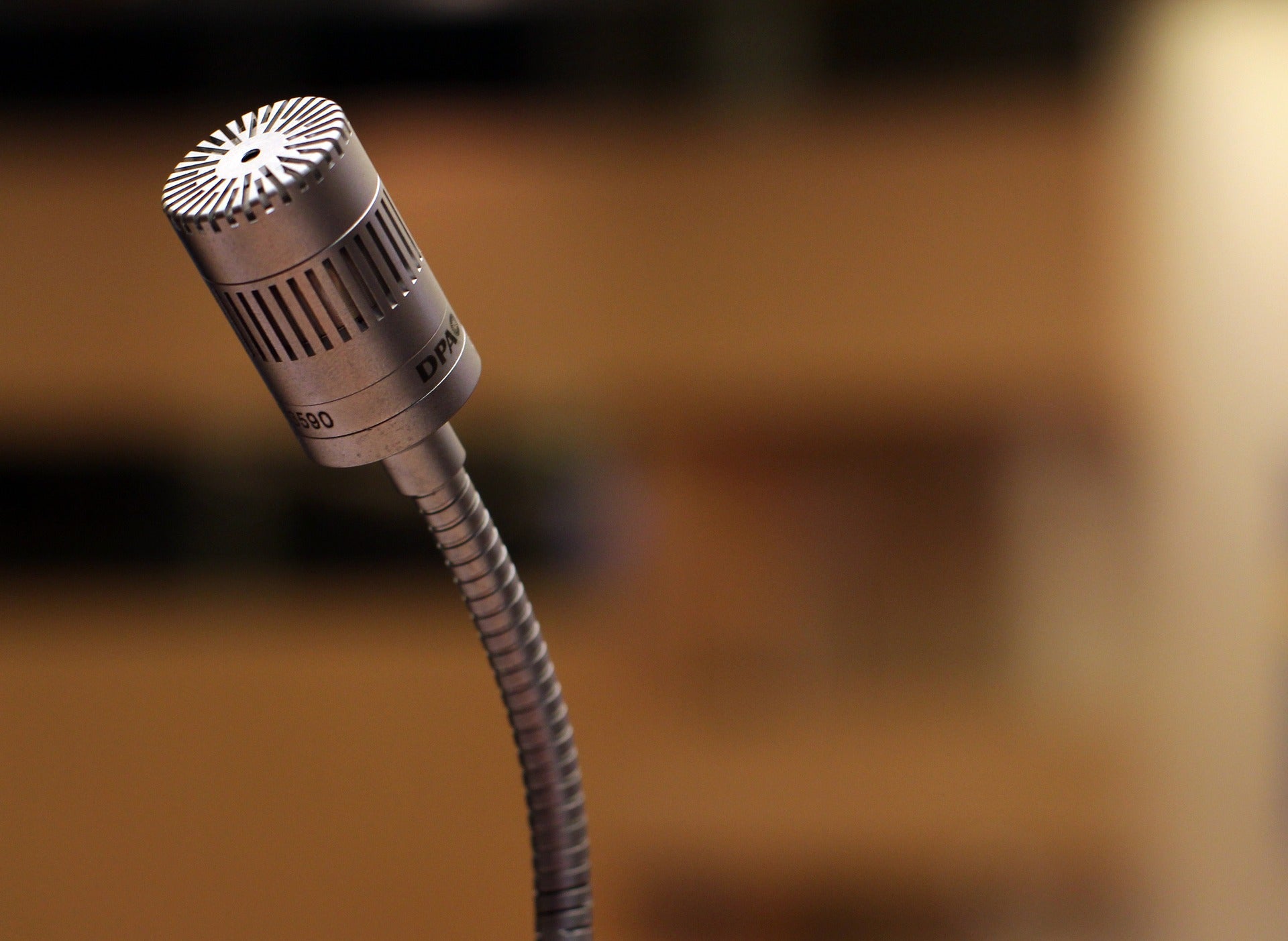Prosecutor: We’ve done ‘as much as possible’ on key recommendations of jail study
Published 9:30 pm Friday, April 12, 2019
Commonwealth’s Attorney Richie Bottoms says he believes local criminal justice officials have done what they can to address the recommendations concerning case processing from a comprehensive report on the Boyle-Mercer criminal justice system.
Bottoms told members of the local Criminal Justice Coordinating Council Friday that many defendants are now getting out on bond and going to treatment for drug issues, and Circuit Court Judge Darren Peckler has followed two of the report’s recommendations by adding a second court date each month and eliminating caps on the number of pleas that can be heard on a single day. Other recommendations aren’t going to be implemented by Peckler or aren’t going to be beneficial, he said.
The report completed by Brandstetter Carroll was commissioned by Boyle and Mercer fiscal courts in hopes of addressing chronic overcrowding and skyrocketing costs at the counties’ shared jail.
Since work on the report began, the jail’s population has dropped significantly. In 2017, the 220-bed jail’s population was regularly above 350 and peaked about 400 multiple times. This year, the population has been below its 220 capacity on many days and even dipped as low as 200 briefly one day, according to Jailer Brian Wofford.
Bottoms was put on a subcommittee of the CJCC last month to look at the report’s findings on diversion and alternatives to jail and come up with recommendations for what to do next. Bottoms told CJCC members Friday the diversion subcommittee did not meet as a group, but he did spend time looking back over the report’s second chapter, a key section that makes six recommendations for how to improve case processing speeds. Those recommendations have been addressed “as much as possible,” Bottoms said.
The recommendations are:
• the circuit court should change the requirement of setting “no bond” on cases being considered for “Rocket Docket;”
• the revocation of bonds set by the district court after grand jury indictment should be substantially altered, if not dropped as a practice;
• the circuit court should add another court date each month;
• the circuit court practice of only allowing pleas to be entered on a specially set plea day should be abolished or an additional plea day should be added;
• the circuit court practice of limiting the number of pleas should be discontinued when available time remains on a plea day; and
• the circuit court should transport all in-custody defendants for all hearings in order to facilitate in-court negotiations and settlements.
Rocket Docket
Bottoms said the courts are using a so-called “rocket docket” program, which attempts to speed up case processing for people willing to plead guilty and get into drug treatment, “as much as possible.”
Boyle County Attorney Chris Herron recently relaunched a rocket docket program for Boyle County using a $15,000 grant from the Prosecutors Advisory Council. The program is intended to specifically target drug-related cases, in hopes of moving defendants out of the criminal justice system and into treatment as quickly as possible.
Herron said in late January he had asked Judge Peckler to end the policy of giving rocket docket defendants no bond and Peckler said no.
Revoking district bonds
Currently, when someone is charged with a crime in Boyle and Mercer counties, they get a bond set in district court. If they are then indicted on felony charges by a grand jury, Peckler sets a new bond and anyone out on their district bond gets re-jailed.
The report recommends ending this practice as a blanket policy and allowing some who are successfully out on a district bond and meeting the conditions of their release to remain out on the same bond conditions.
Bottoms said this recommendation has also been “addressed” because Peckler’s not going to follow it. “I think the procedure that’s in place is going to stay in place.”
Court date and pleas
Bottoms said Peckler has added another court date as recommended. And the limitations on pleas noted in the report are “no longer happening,” he said.
Transportation
Bottoms said the sixth recommendation to transport all in-custody defendants for every one of their court appearances “isn’t practical” and “just not necessary.”
“It’s not going to speed up things,” he said.
“We meet with attorneys, Ms. Buck comes to my office, every member of her group comes to my office, we go over literally hundreds of cases before court. They go back and talk to their folks in jail. I’ve been at it for almost 20 years; I’m pretty consistent in my offers so they almost know what my position is going to be anyway,” Bottoms said. “I think it would be so cumbersome on the court personnel to bring everybody to court. That’s just not a recommendation I feel like is appropriate in our situation.”
Jailer Wofford said he agreed with Bottoms’ assessment on the sixth recommendation. The jail already works to transport multiple vans full of inmates on some court dates and trying to transport every single inmate every time would be a huge burden, he said.





